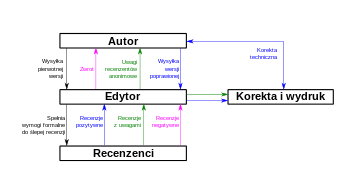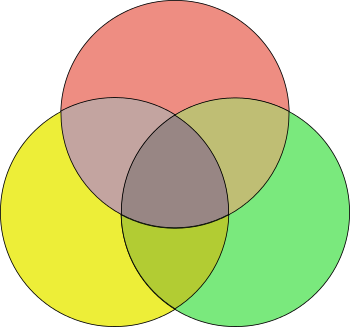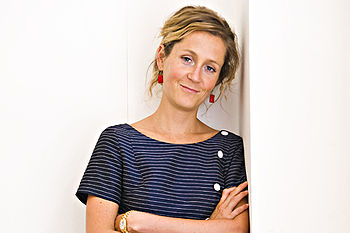
A note on changes: I’m going to vary my usual practice in this series and post things in a rawer form with the intention of incorporating feedback and comments over time. In the longer term I will aim to post the series in a “completed” form in one way or another as a resource. If there is interest then it might be possible to turn it into a book. There is no statement more calculated to make a publisher’s blood boil than “Publishers?







